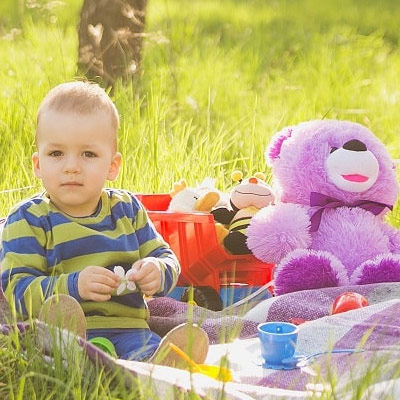
Communication is the most important part of any relationship. When we communicate well, things run smoothly. When we do not, there is much frustration. Most people would agree with this; however, most of us (me included) are very intentional with making our children better communicators.
We practice communication from the moment we are born. All parents know the frustration of trying to relay a message to a child that simply does not understand and even worse is the feeling when watching our child try to communicate a message to us and they can’t get the message across. It is a wonder that something we have been doing our entire lives is still so difficult to get right. We can coach our children on how to get this right by teaching them how to process some communication principles.
With just four simple truisms about communication, we can be much more effective. The first step is the message we want to communicate. Are we trying to tell someone something trivial, like take out the garbage? Or something serious like the birds and the bees talk? Take a moment to understand the message.
Second, we need to think about the audience. Do they have some nuances that need to be considered? For example are they more receptive to hear the news from a friend, parent, sibling, teacher, etc.? Do they prefer to get the message face-to-face or via email?
Next, you need to take your audience and the message into account and determine the best medium for this. I prefer to communicate face-to-face, then think about it for awhile and respond via email. I know this is how I will be most effective with heated topics.
This is not a hard step for those we know well but can be for those we do not. Face-to-face is always best for something that is touchy or extremely important. This is why businesses send people all over the world for business deals and don’t do it all through email. Or why teachers want to have us come in to conference about our child’s progress. You need to be able to read the response. Email is for information passing and very effective at building a foundation for an important talk. How many times have we misinterpreted an email from someone else thinking they meant something completely different than what was said?
This leads into the last piece of the puzzle. Was the intended message received? We need to follow-up to ensure the intent is clear by asking questions. After discussing all of this what is your next step?
Our children are learning social skills daily in school, but are they learning to be better communicators? If we are more intentional with this as parents, they will learn this most important relationship aspect.










